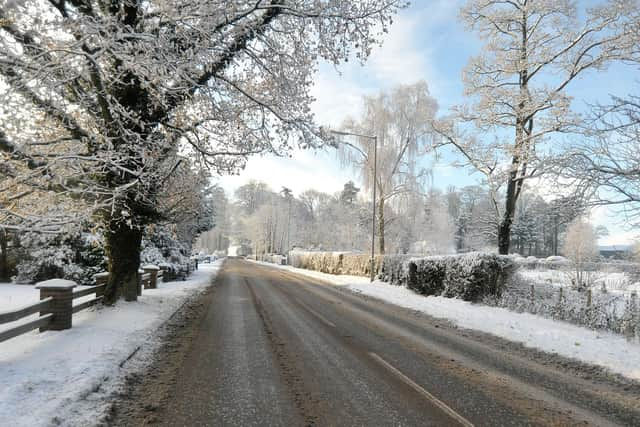No prosecutions taken over breaches of Tree Preservation Orders by Armagh, Banbridge and Craigavon Council in two years
and live on Freeview channel 276
A report, by the NI Public Services Ombudsman, into how trees are protected has found that despite 369 tree protection breaches reported across NI between 2019 and 2022, only one resulted in enforcement action being taken, and none led to prosecution.
-


-
The report also found there was a lack of clear information for the public on Tree Preservation Orders (TPOs), and that information about which trees are protected should be made more accessible.
Advertisement
Hide AdAdvertisement
Hide AdSpeaking to Northern Ireland World, a spokesperson for Armagh, Banbridge and Craigavon Council revealed: “Trees are protected if they are within a Conservation Area, are subject to a Tree Preservation Order or where a condition is attached for their protection to a grant of planning permission. The Council has carried out a search on the planning portal, using the word ‘tree’ and can advise that the Council has carried out 33 investigations from 1, November 2021 to 1, November 2023. Four of these investigations have involved a breach of planning control. One breach of condition notice has been served to date. No prosecutions have taken place within the last two years."
The NIPS Ombudsman’s report, ‘Strengthening our roots: tree protection in the planning system in Northern Ireland’ was prepared in response to concerns about the protection given to trees and the lack of enforcement action following reported breaches of TPOs. From data provided by the Department for Infrastructure and local councils, the Ombudsman made a number of observations and recommendations.
The observations included that:
- the low level of reported enforcement activity (one case out of 369) should be a concern for councils as they seek to improve the environmental quality of their area.
- despite having significant enforcement powers, less than half of the councils clearly state on their websites that it is a criminal offence to carry out works to protected trees without consent. Others do not make any reference to the consequences of breaches.
Advertisement
Hide AdAdvertisement
Hide Ad- there is a lack of clarity around the circumstances in which councils require independent evidence to be provided in support of applications for work to protected trees.
- there is variation in council awareness and interpretation of the legislation which governs the approach that should be taken to carrying out works to protected trees on council owned land.
A total of 26 recommendations were made, including that:
- the Department should update regional guidance on the protection of trees and consider how it could work more closely with the councils, (including initiatives such as a regional Tree Forum), to share good practice and expertise.
- the Department should take the lead in developing an online regional map which displays the locations of all TPOs and conservation areas in Northern Ireland.
Advertisement
Hide AdAdvertisement
Hide Ad- Councils should carry out detailed reviews of their TPO records and document their methodology to assess the value of trees in their decision making.
- Councils should ensure processes are accessible to the public who want to request a TPO, apply for works to a protected tree or report a breach. The potential to introduce community notification procedures for residents likely to be affected by proposed works should also be explored.